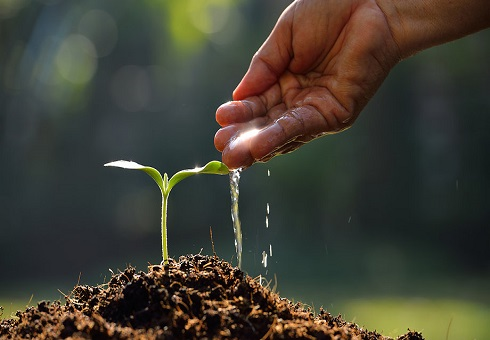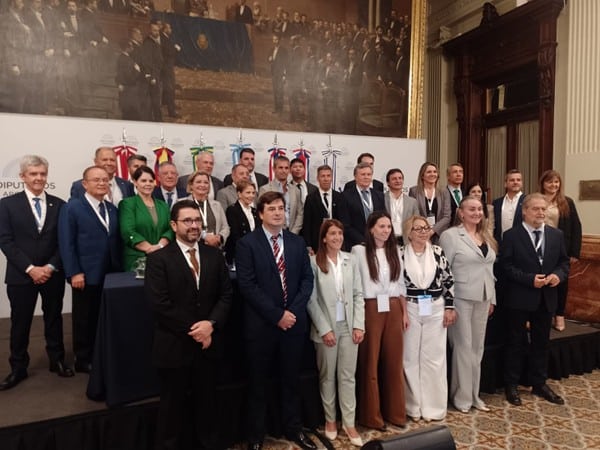IICA-FAO
IICA-FAO
 The Dominican Republic is a Caribbean nation that shares the island of Hispaniola with the Republic of Haiti. It is an island recognized for its high mountains and varied soils with a growing population that depends on environmental provision services in the form of energy, irrigation, and domestic water, in addition to the services temperature regulation, sediment capture, carbon sequestration and coastal protection. With multiple well-documented cases, inappropriate land and water use and management, unsustainable practices, lack of infrastructure for water recovery and domestic water and irrigation, and the destruction of coastal mangroves have contributed to the sedimentation of the hydraulic infrastructure, reduction of the fresh water supply, salinization, beach erosion and reduction in productivity. Several diagnostic analyzes the weaknesses in capacity, governance, and finance as root causes that constrain the country in its response.
The Dominican Republic is a Caribbean nation that shares the island of Hispaniola with the Republic of Haiti. It is an island recognized for its high mountains and varied soils with a growing population that depends on environmental provision services in the form of energy, irrigation, and domestic water, in addition to the services temperature regulation, sediment capture, carbon sequestration and coastal protection. With multiple well-documented cases, inappropriate land and water use and management, unsustainable practices, lack of infrastructure for water recovery and domestic water and irrigation, and the destruction of coastal mangroves have contributed to the sedimentation of the hydraulic infrastructure, reduction of the fresh water supply, salinization, beach erosion and reduction in productivity. Several diagnostic analyzes the weaknesses in capacity, governance, and finance as root causes that constrain the country in its response.
The Dominican Republic government has managed to sign the United Nations Convention to Combat Desertification and Sequestration (UNCCD), organize an Inter-institutional Technical Group (ITG) for its implementation, and has formed the National Soil Conservation Service (NSCS). In addition, a new initiative called the “Cuatrienio del Agua” was declared as the cornerstone of the government’s program for 2016-2020.
IICA and FAO have brought together key partners to create a unified and catalytic support platform to increase governance with a watershed approach, strengthen structures and increase funding for initiatives to support sustainable soil and water management. To catalyze actions, it seeks to: (i) create an operational plan and financing proposal for a National Soil Conservation Service; (Ii) train for the extension staff; (Iii) update the National Action Plan in support of the UNCCD and strengthening of the ITG; and (iv) proposals for funding for Sustainable Livestock with carbon sequestration and action plans for the Ozama and Yaque de Norte basins, two basins of high priority for the country.
The project will: (a) strengthen the watershed governance framework at the national level, in particular that of Ozama-Isabela (b) guide the technical offer by the National Soil Conservation Service, leaving this agency with a clear operational strategy, and (c) channel the financing of actions in support of sustainable soil and water management and sustainable livestock management.











